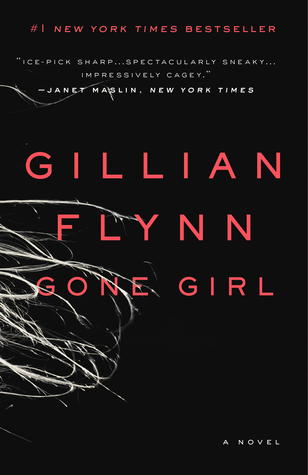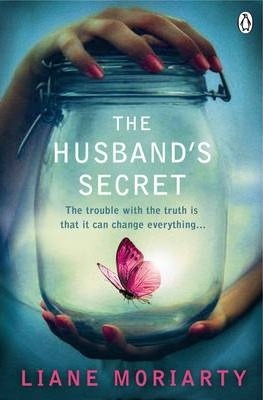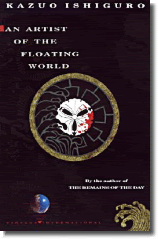 Title: Freedom at Midnight
Title: Freedom at Midnight
Writer : Larry Collins, Dominique Lapierre
Published: 2001
Genre: Non-Fiction
My Rating: 3 on 5
India’s independence was a moment of celebration, but also a painful memory as the country was partitioned and millions of people lost their lives. Every year as we take pride in raising the tricolor, our heads also hang in shame for the brutality which we caused in the name of religion. While every school teaches the children when India got its independence, very little is said about the events which led to this historical moment and more importantly, the violent events which followed this moment. To fill this void, I decided to read this book, well knowing, that neither of the authors are Indians and nor were they a witness to these events.
The book starts off heaping a huge praise on Lord Mountbatten, who apparently was influential in India attaining her independence. While there may be some amount of truth in it, the sheer adoration, the flowery praises are so over the top that one starts wondering if this book should have been named “An ode to Mountbatten”.
This book is a result of the interviews with Mountbatten and some archives which he had saved over time. This gives the book a very “English” perspective and can come across as biased in some places. Wish the authors had heard the other side of the story too. While the Mountbattens are admired for their bravery and leadership, we do not see the same treatment for Indian politicians. Gandhi is revered, Nehru gets a few notable mentions, Patel is largely ignored and Jinnah is painted as a monster.
This book did strike a chord with the chapters on the actual partition – the drawing of the line – the exodus that followed and the eventual murder of millions of people. The authors paint such a horrid picture of these ghastly events – the train full of corpses is still a haunting visual for me. The mindless pillaging, rapes, murders, mutilation of human beings by other so-called human beings is so mind numbing – one wonders how religion can become more important than human lives.
The book makes a segue into Gandhi’s assassination. This section of the book reads like a thriller – building up suspense, ending the chapter on a cliff hanger – and has all the elements of a page turner. If you want an outsider perspective on the freedom struggle and eventual independence, albeit with a touch of fictional narrative, do read this book, by all accounts. If you want a more neutral perspective or even an insider view, then pick up a book by local authors, which is what I am planning to do next. On this point, any recommendations on what book I should read on this subject?
Entry #2 for Nonfiction Reader Challenge 2020
Entry #1 for The Backlist Reader Challenge 2020





































































































February 25, 2020 at 11:29 pm
This sounds rather problematic with the issues you have identified. I know almost nothing about the subject but I hope you find something written from someone with more of a connection to events.
March 7, 2020 at 6:50 am
Train to Pakistan by Khushwat Singh was an eye witness & wrote a very balanced account fictionalized account. (I reviewed it here: https://journey-and-destination.blogspot.com/2016/12/back-to-classics-train-to-pakistan-by.html.
March 10, 2020 at 3:39 pm
Thanks for the review link, Carol. Will read your review and adding this book to my TBR.